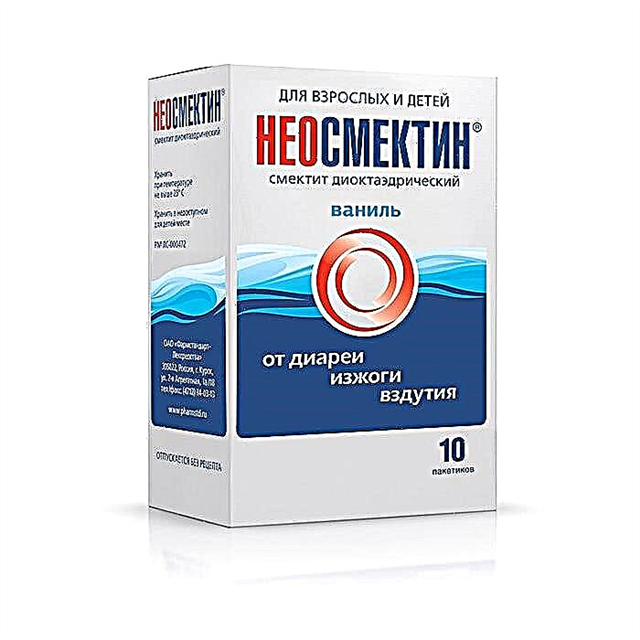The child's body needs vitamins, but what and for what, few know. We will figure it out and tell you what vitamins your baby needs.
Any mother wants her baby to grow up healthy and strong. And in order to achieve what you want, first of all, you should correctly balance the child's nutrition. To begin with, you should seriously start with yourself, because children are a reflection of their parents, what we eat is what the child needs. And it's not always healthy food and healthy vegetables or fruits.

Vitamins in fruits and vegetables are a storehouse of energy for a child
Many mothers prefer pharmacy vitamins (vitamin complexes). But this is not always correct. The child's body is already overloaded with the surrounding chemistry, and then a healthy baby is forced to eat pills. Nature has made sure that people can get all the necessary supply of vitamins from food. And you don't have to look for rare or exotic vegetables, fruits and herbs, just study the beneficial properties of the products available to you that grow in your region.
The same cereals or nuts are full of vitamins. Of course, in winter, you can additionally take vitamins at the pharmacy, because studying or playing sports takes a lot of the child's strength. And this is not counting the stress he receives regularly (either preparing for a test or test, or performing in an amateur performance at school). Often because of stress, the immune system becomes weak, as a result of which the child gets sick, especially in the cold season. So additional help in the form of vitamin complexes is very helpful.
Do not mix vitamins in one pile
All vitamins are useful, you just need to combine them correctly so as not to harm. There is everything at once - not right! The properties of each substance are different - some vitamins complement each other, others, on the contrary, neutralize the effect of the other. For instance:
- At 12, it is better to use it separately from B1, otherwise an allergic reaction may occur;
- B12 does not go well with vitamins B6 and C;
- B6 also does not combine well with B1, so they are never prescribed to be taken together;
- after taking some vitamins, at least 3-4 hours should pass, then you can drink others.
To make it easier for you to replenish the child's vitamin balance, divide the vitamins at different times: breakfast - one group, lunch - another, dinner - third. Do not stuff the baby with everyone, approach business wisely, otherwise you can harm.
- Not everyone can correctly analyze the beneficial properties of vitamins, and even more so correctly combine them. For the best effect, consult your doctor.
- Give children natural, natural vitamins to the maximum. But if necessary, do not forget about the use of vitamin and mineral complexes for a child, in which the dosage of minerals and their correct combination are thought out.
How to determine hwhat exactly should be given to your child?

A child needs different vitamins for different cases. In colder months, it is necessary to strengthen the baby's immunity. In the summer, replenish the energy resource. Let's take a look at some tips on how to choose the right foods and combine them in your daily diet.
If the child is often sick. It is necessary to tackle health promotion closely, but not only due to vitamin C. Vitamin A is more needed here, it is much more effective in the fight against infections. Prepare more meals for your baby:
- Orange vegetables like pumpkin or carrots
- liver;
- from berries, sea buckthorn or rose hips are better;
- Bell pepper;
- tomatoes;
- from greens, parsley is ideal.
The child gets tired quickly or has poor concentration. It means he lacks vitamin B1. Products with the most:
- peas;
- nuts;
- oatmeal;
- whole wheat bread.
If, in addition to the above symptoms, the gums are bleeding, so it is necessary to add vitamin C to the diet:
- all types of citrus fruits;
- but most of all C is in rose hips;
- gooseberries or currants;
- sorrel;
- radishes or parsley.
When the child has increased irritability or constantly tends to sleep.So your child does not have enough B vitamins.
B6 will help to calm the child, there is a lot of it in:
- nuts;
- tomatoes;
- red sweet pepper;
- various cereals, such as buckwheat or rice.
B12 will help to increase vigor and appetite, it can be found:
- liver;
- meat;
- milk;
- fish;
- eggs;
- cheese.
Frequent chapped lips or peeling of the face. Then you need to lean on vitamin B2:
- lean meat;
- a fish;
- eggs;
- Brussels sprouts and other green vegetables.
Weakness in the body, increased pallor is akin to anemia, deterioration of the condition of nails and hair.This is the first sign of a B9 (folic acid) deficiency. Add to food:
- spinach and green onions;
- kaputu;
- eggplant;
- nuts;
- cereals;
- oranges and apples.
When a child grows slowly, he does not tolerate even small loads, often sweats or slouches.This is a sign of a lack of sunshine vitamin D. Walk with your baby more often in sunny weather. Allow less to sit in front of the TV or computer (harm to the computer), better interest in outdoor games so that the child breathes fresh air.
Skin rashes such as dermatitis, digestive problems. This means that the child lacks vitamin PP (or B3, nicotinic acid). Feed your baby nuts and homemade yoghurts.
The main rule of health is not the treatment of diseases, but their prevention. With proper nutrition, neither you nor your baby will have to suffer from illness, drowsiness or apathy. Do not think - once you have drunk a course of vitamins, then everything is fine. It is important to constantly monitor yourself and not let bad habits take over.
- how to increase the immunity of a child from birth to one year
- 10 ways to strengthen your child's immunity



